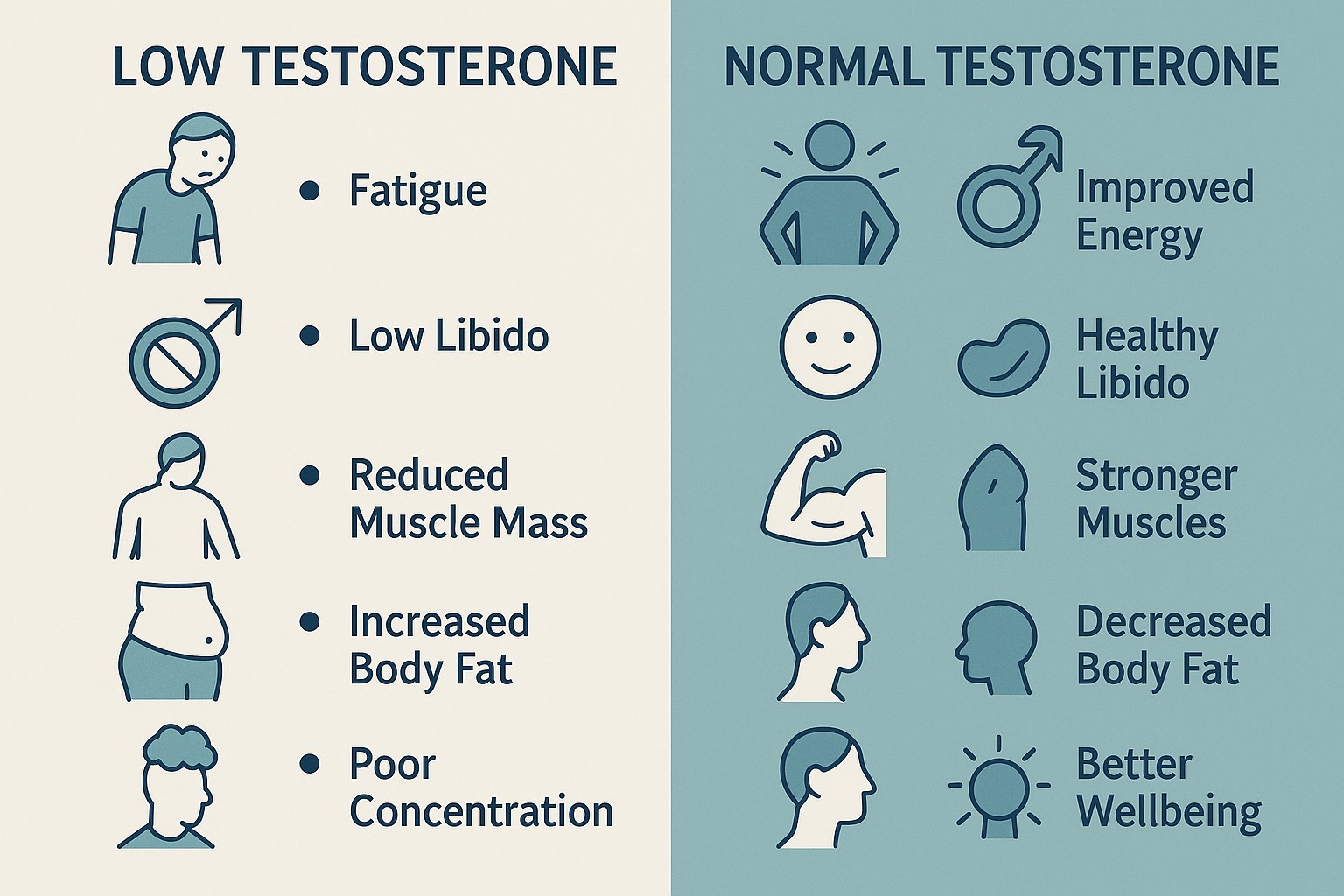Erectile Dysfunction (ED) After Prostate Biopsy (PB)
Understanding the implications of a prostate biopsy (PB) to rule out prostate cancer is crucial for patients undergoing this procedure. One notable concern is the potential for erectile dysfunction (ED) following the biopsy.
What is Erectile Dysfunction (ED)?
Erectile Dysfunction (ED) is characterised as the chronic inability to attain and keep an erection sufficient for satisfactory sexual performance. This condition can be distressing and may impact quality of life.
Why Does ED Occur After Prostate Biopsy?
The reasons for ED after a prostate biopsy are not entirely clear. However, several factors may contribute:
- Neurovascular Damage: The biopsy needle may cause temporary or permanent damage to the nerves and blood vessels responsible for erections.
- Psychological Stress: The anxiety and stress associated with undergoing a biopsy can impact erectile function.
- Inflammation and Healing: The body's inflammatory response to the biopsy procedure can affect the prostate and surrounding tissues, impacting erections.
Recovery from ED After Biopsy
Some men do recover their erectile function within a few months post-biopsy. It's essential to have realistic expectations and maintain open communication with a healthcare provider about any concerns.
Different Methods for Prostate Biopsy
When a man has a prostate biopsy, small samples (cores) of prostate tissue are removed and checked for cancer cells. There are three main approaches for this procedure:
- Transrectal Approach: The biopsy needle is inserted through the rectum. This is the most common method.
- Transurethral Approach: The needle is inserted through the urethra (the tube through which a man urinates and ejaculates).
- Transperineal Approach: The needle is inserted through the perineum (the area between the scrotum and the rectum).
Research Studies on ED After Prostate Biopsy
Several studies have investigated the prevalence of ED following prostate biopsy:
Study Findings: BJUI International (2015)
A study involving 220 men who underwent transrectal prostate biopsy assessed erectile function before the biopsy and at 1-, 4-, and 12-week intervals afterward. The findings were:
- Erections were poorer at all three intervals.
- Men aged 60 and older and those with a positive diagnosis of prostate cancer were more affected.
- The decline in erectile function might be due to the stress associated with the biopsy.
Study Findings: Actas Urológicas Españolas (2016)
In this study, 93 participants who had no prior ED underwent transrectal prostate biopsy. The results showed:
- Four weeks post-biopsy, about a third of the men had some degree of ED.
- By twelve weeks, this rate fell to 9%.
- At 24 weeks, 7.5% had mild ED.
Study Findings: International Journal of Impotence Research (2015)
This study involved 1,050 men who underwent transperineal prostate biopsy. The findings indicated:
- An increased risk of temporary ED after biopsy of approximately 5%.
- Generally, ED lasted about a month and had not worsened three to six months later.
Comparing Impotence Rates: First-time Biopsy vs. Repeat Biopsies
A key question is whether ED is more common in men having their first biopsy compared to those who have had multiple biopsies. A study has shown that a higher proportion of men experience ED after their first biopsy compared to those undergoing repeat biopsies. This was observed even though their initial SHIM (Sexual Health Inventory for Men) scores were similar.
It's important to note that in this study, the majority of participants (78%) were undergoing their first biopsy, while only 22% had previous biopsies. This imbalance suggests that the results might not fully represent the experiences of men who have had multiple biopsies.
Words of Wisdom from a Consultant Urologist
Understanding the potential side effects of prostate biopsies, such as erectile dysfunction, can significantly reduce patient anxiety. Discussing potential side effects with your urologist before the procedure can help set realistic expectations. Knowing that impotence after prostate biopsy is temporary should allieavte the anxiety should it occur.


